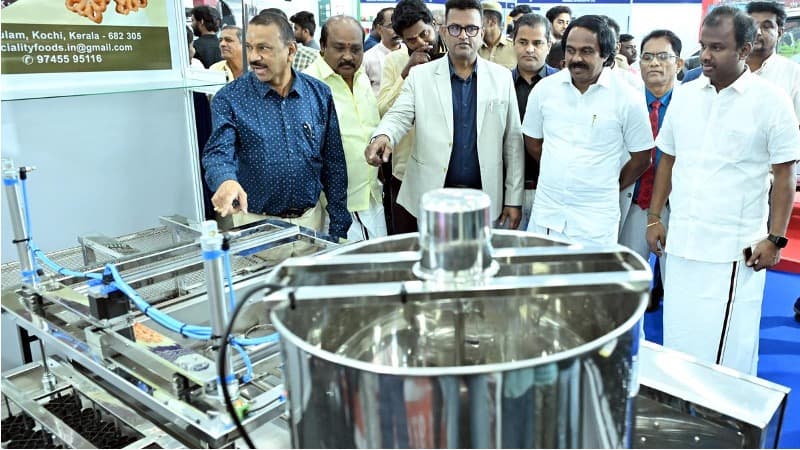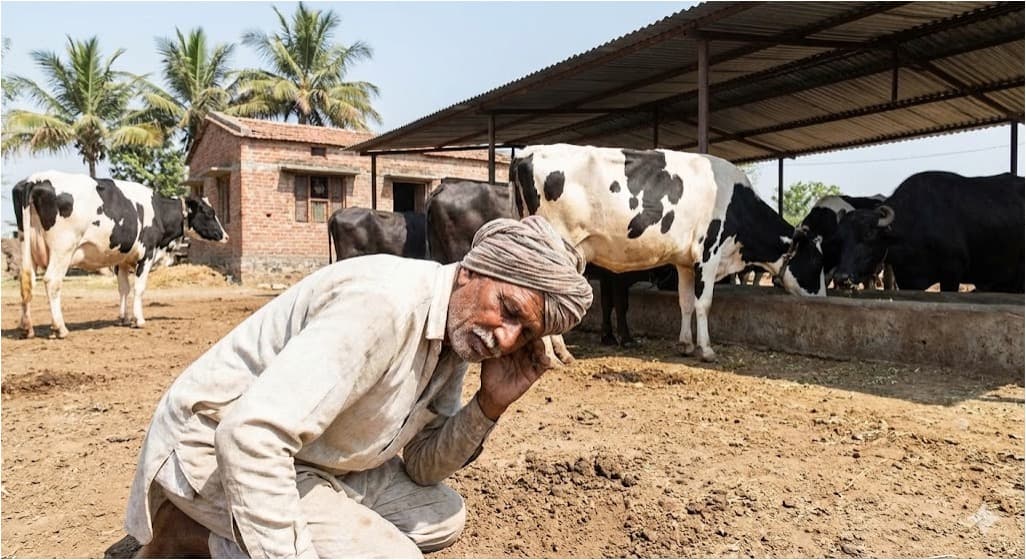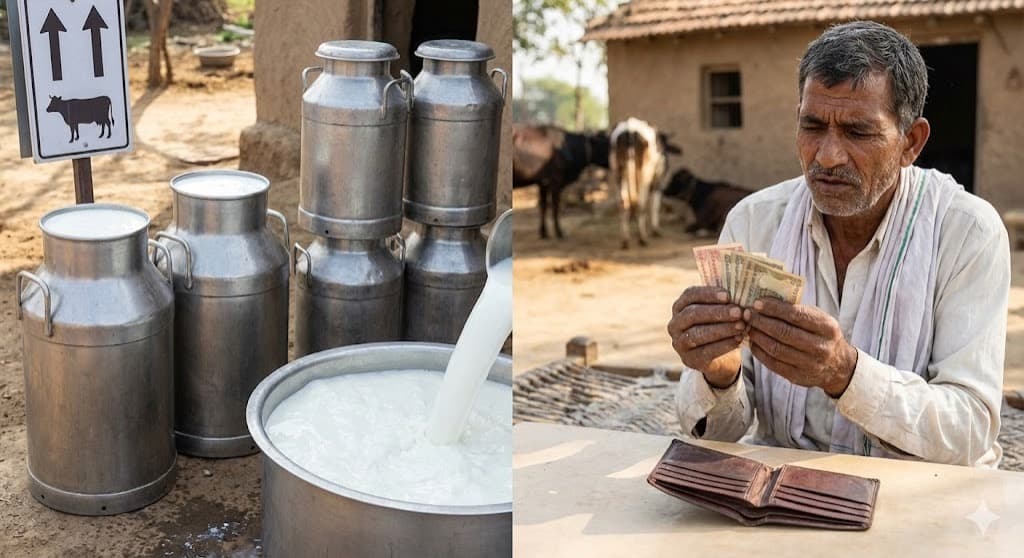Beware of over boiling Milk Tea: Experts warn of health risks
Milk tea is a beloved beverage in many Indian households, enjoyed for its taste and comforting qualities. However, new guidelines from the Indian Council of Medical Research (ICMR) advise against excessive consumption, citing concerns about the tannins in caffeinated drinks like tea and coffee hindering iron absorption in the body.
Apart from the frequency of consumption, experts also warn about the dangers of overboiling milk tea. Overboiling can lead to nutrient loss, changes in taste, and the formation of harmful compounds.
A Nutritionist explains that overboiling disrupts the delicate balance of flavours in milk tea, resulting in a bitter taste. It can also degrade nutrients and potentially form harmful compounds.
A doctor highlights that while steeping tea leaves for longer may enhance polyphenol content, most extracts occur within the first 5 minutes. Overboiling tea doesn’t add extra benefits and may make the taste bitter.
A Clinical Dietician, adds that overboiling can lead to taste alterations, nutrient loss, and even the formation of potential carcinogens like acrylamide.
While occasional overboiling may not pose significant risks, consistent overheating of milk tea can reduce its nutritive benefits and introduce undesirable compounds. Experts advise against prolonged boiling to avoid these issues.









